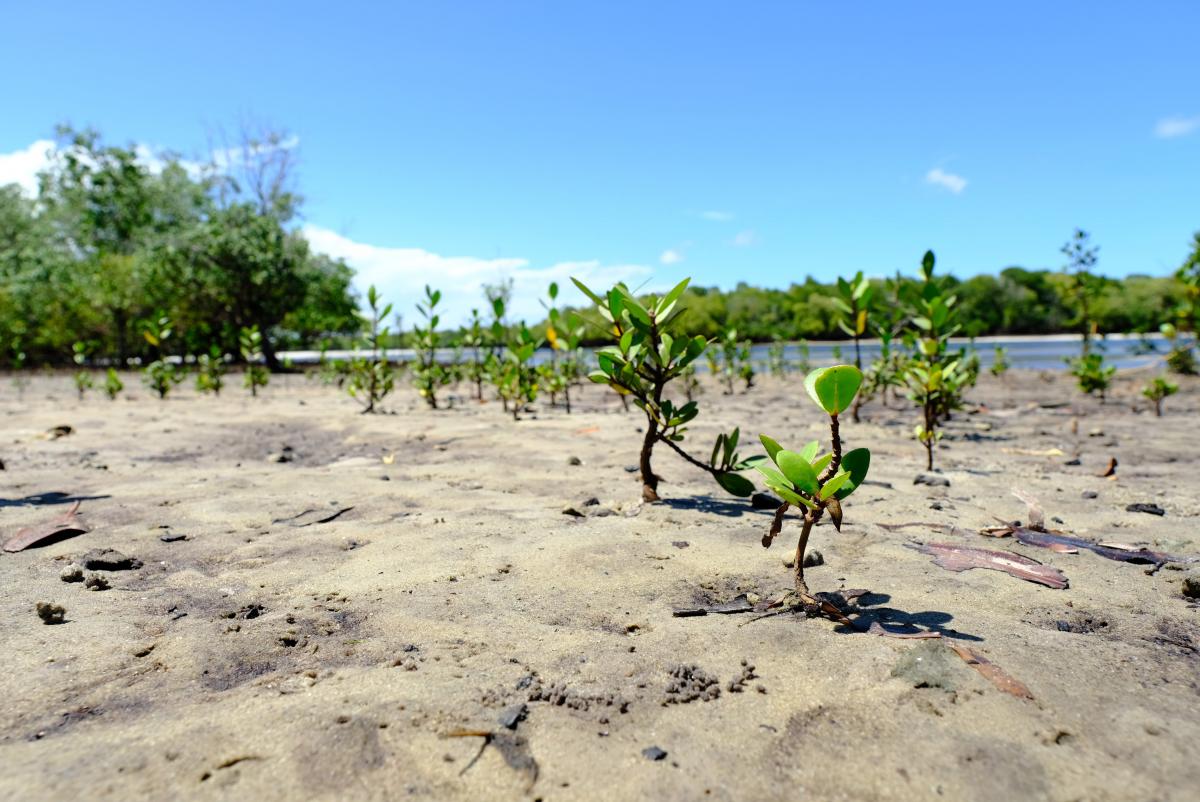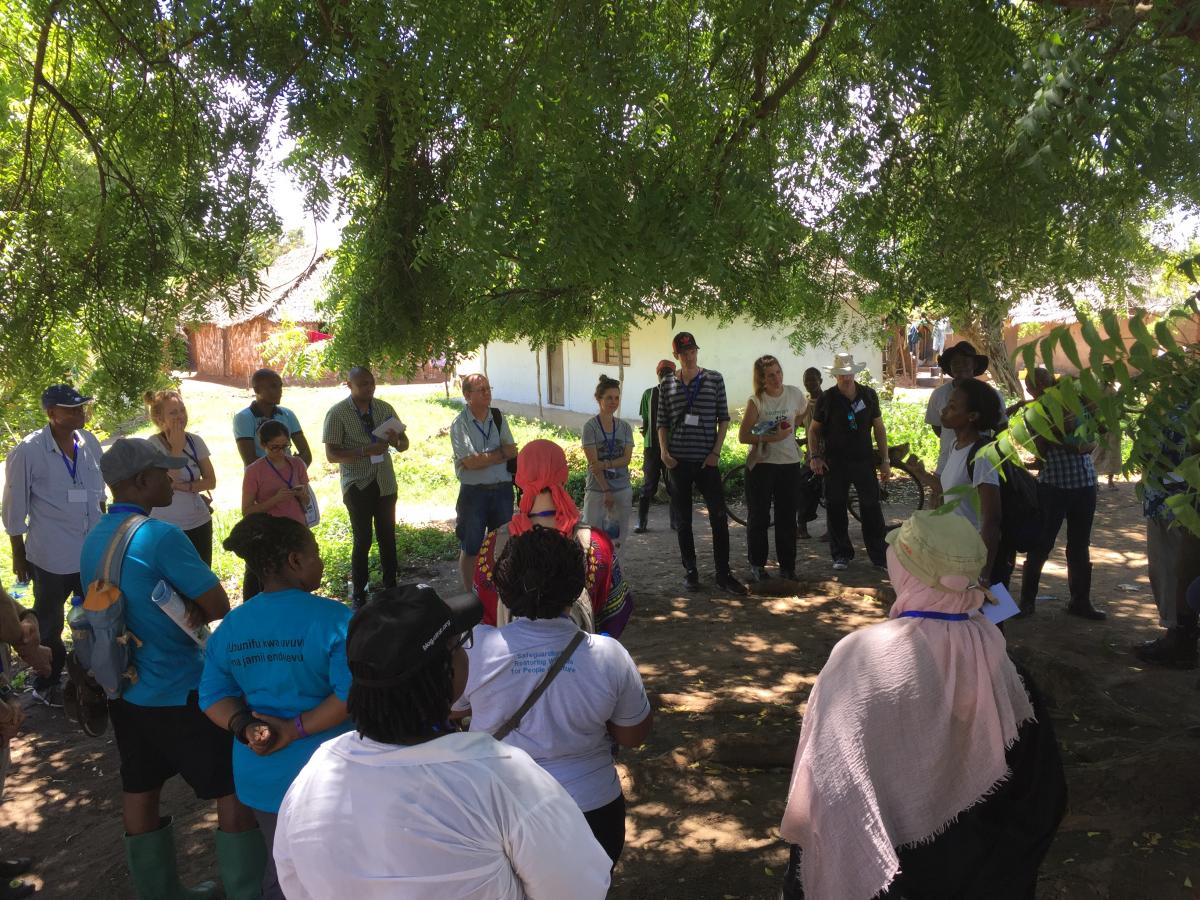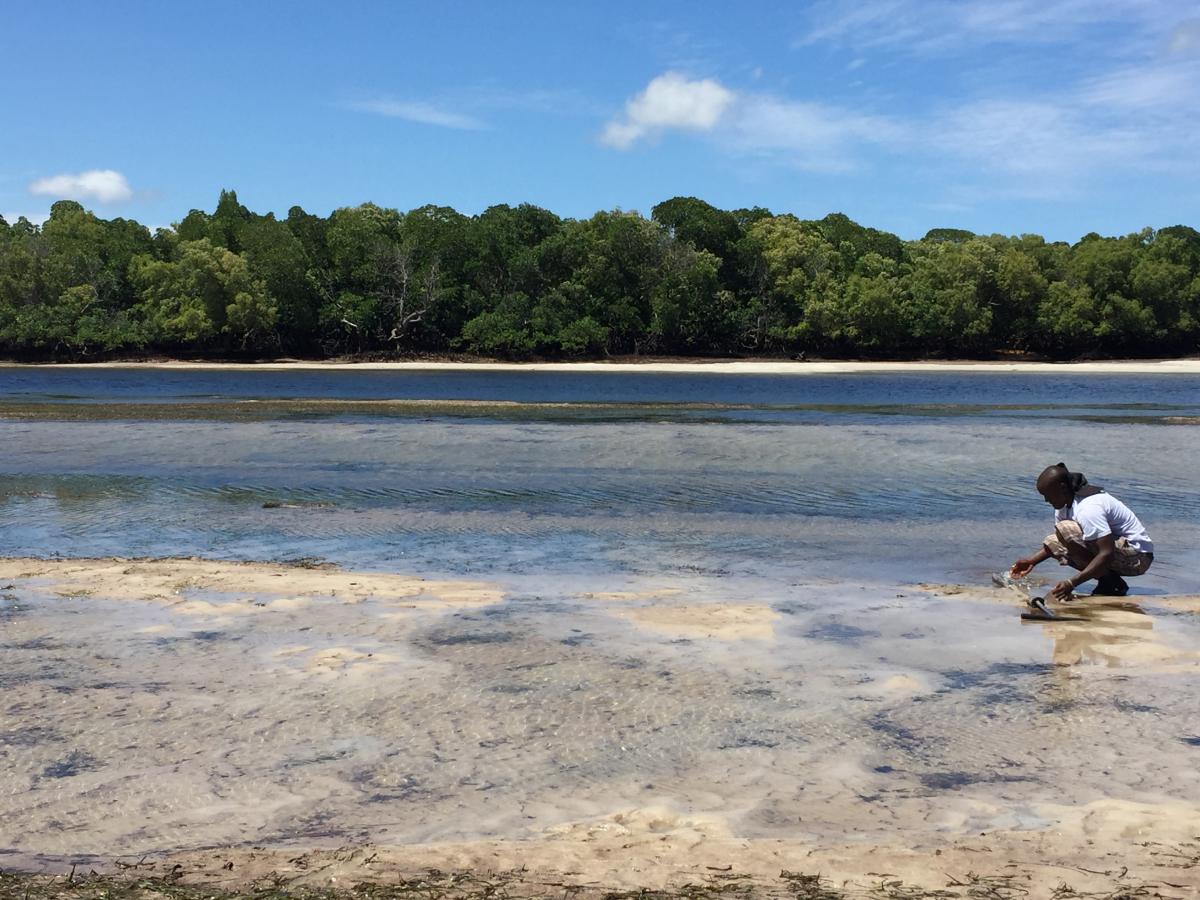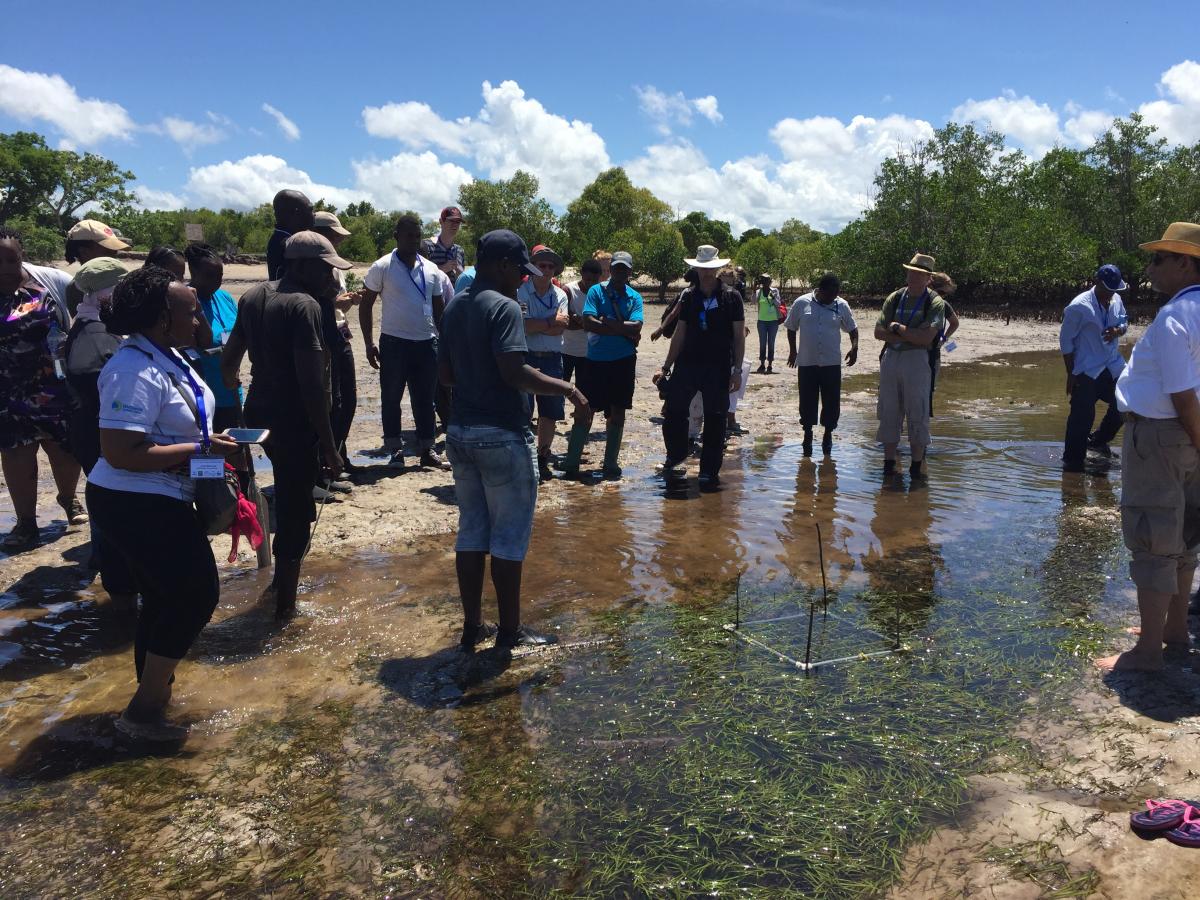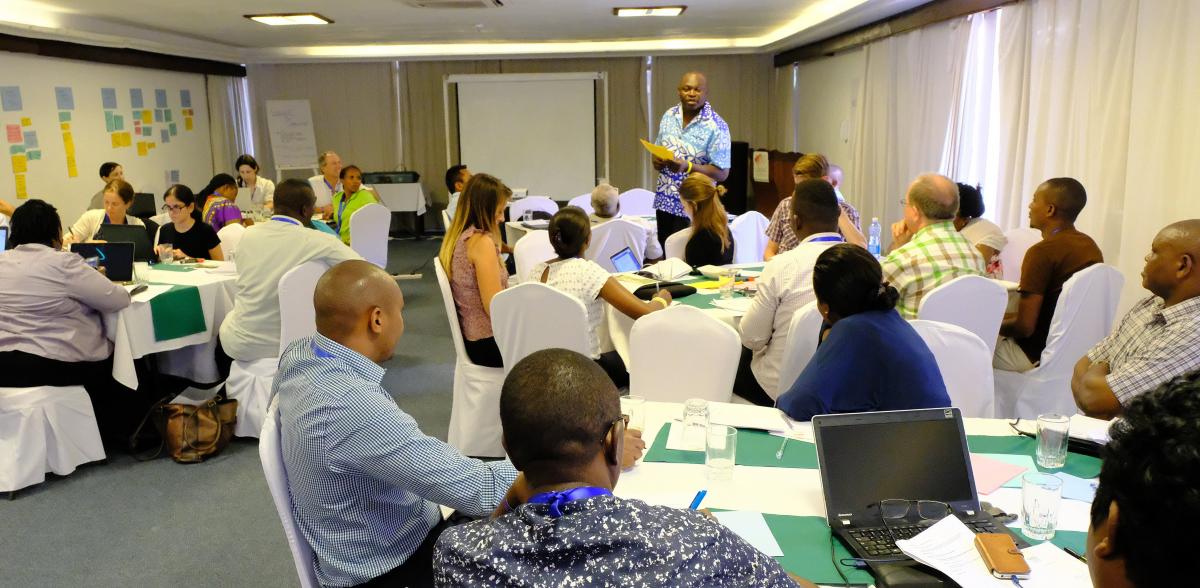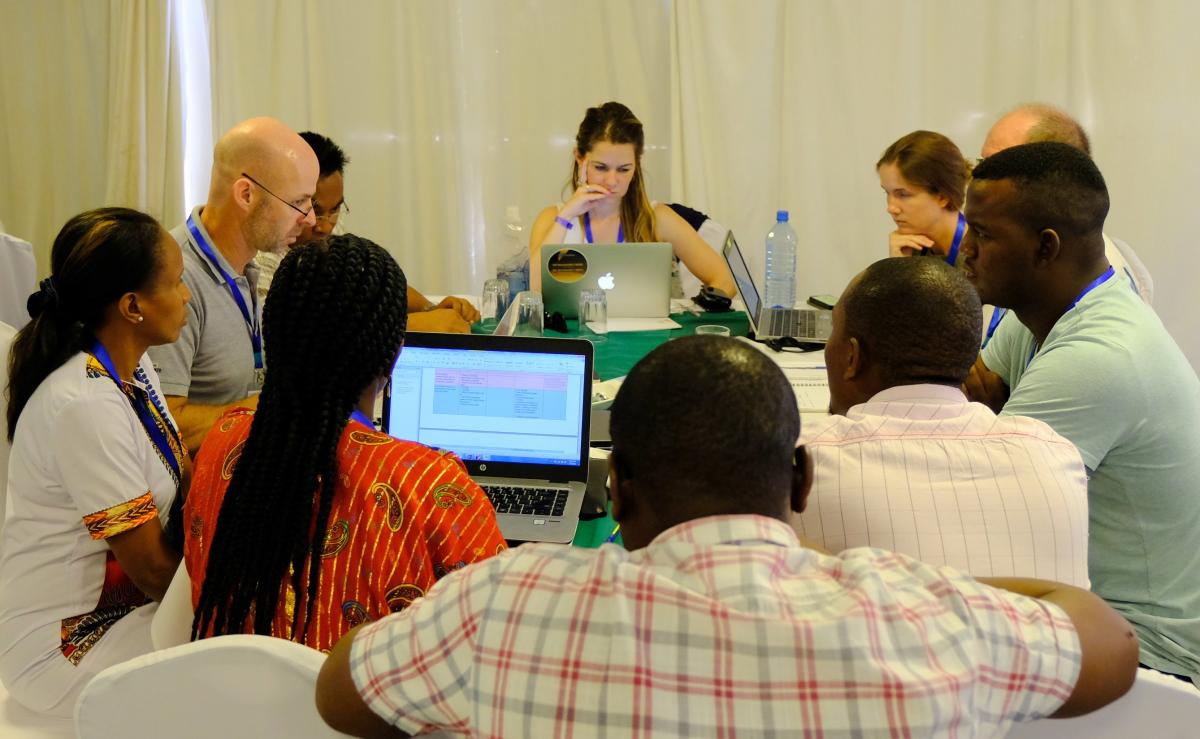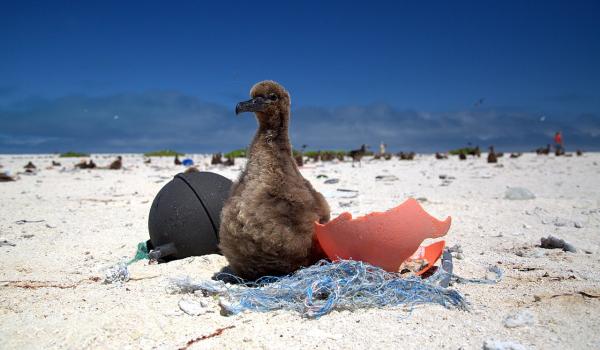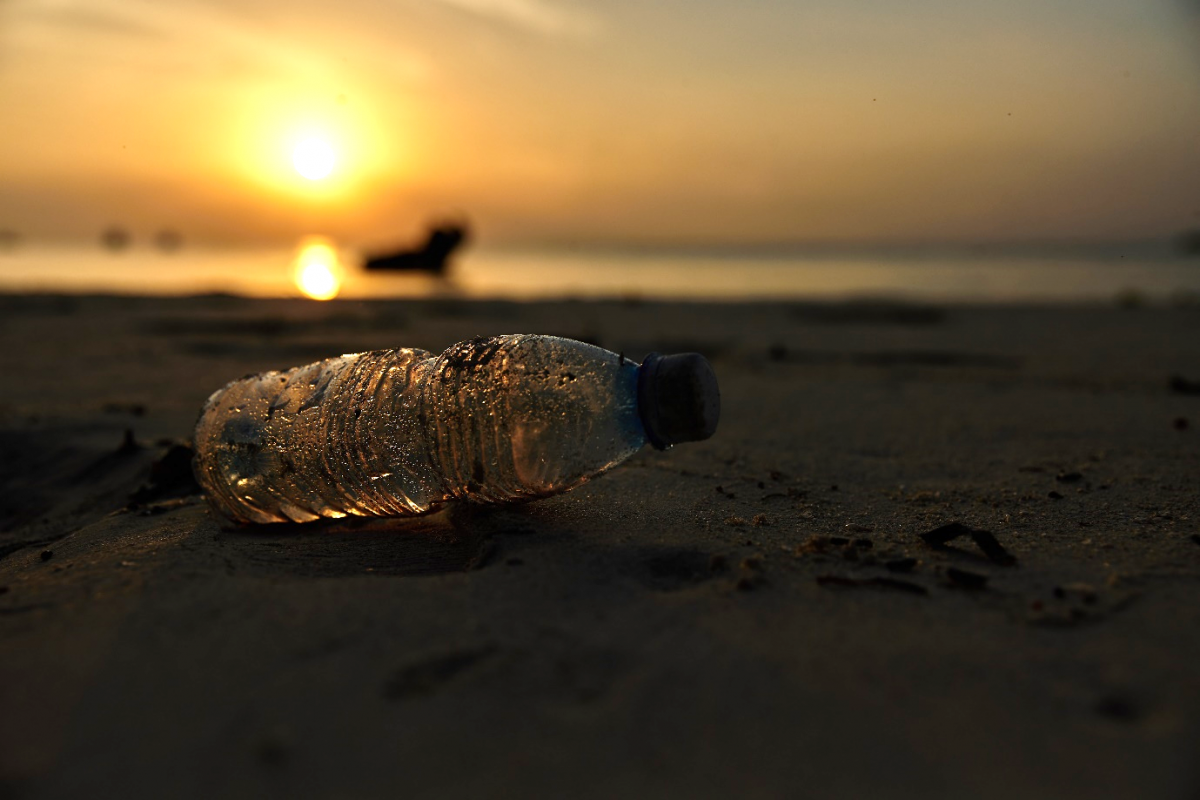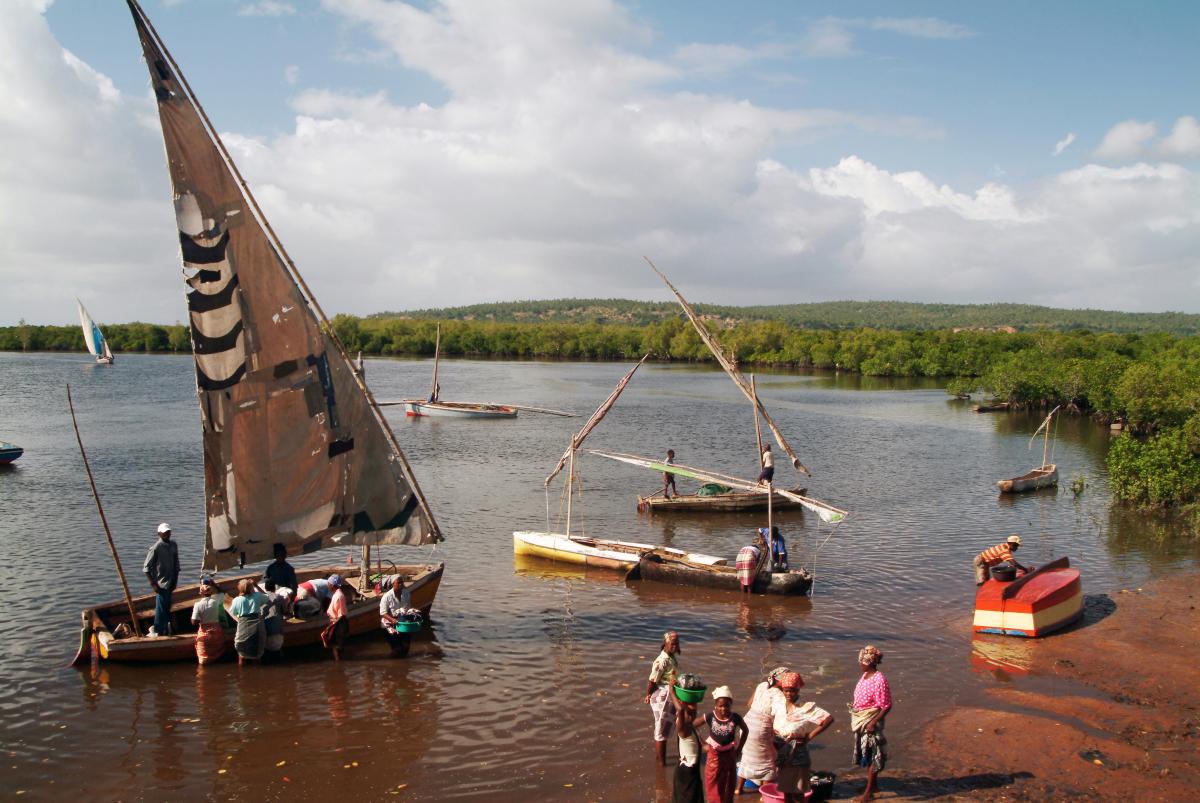Western Indian Ocean and Asia regional experts identify gaps in mangrove conservation best practices in a scoping workshop
Under the umbrella of the Save Our Mangroves Now! (SOMN!) initiative, IUCN and WWF German co-organised a scoping workshop on best practices in mangrove conservation. The workshop brought together participants from government ministries and agencies as well as scientific experts and project implementation officers from the Western Indian Ocean (WIO). To foster cross-regional learning additional experts from Asia participated as well. The workshop was made possible by the funding of the German Ministry of Economic Development and Cooperation (BMZ) as part of SOMN!
The workshop started with a field visit to the well-known Mikoko Pamoja mangrove conservation project in the Gazi bay, followed by two days of intense discussion and brainstorming. Ambassador Peter Thompson, serving as the UN Special Envoy for Oceans, shared opening remarks with participants through a recorded message (see video below) followed by welcoming speeches by representatives of the Kenyan Wildlife and Forestry Services; Dr. Mohamed Omar and Mr George Wara respectively.
The goal of the workshop was to identify gaps and needs in mangrove conservation and discuss best practice and lessons learned. The outcome includes an overview of current status and on-going work needs in terms of mangrove best practices for the WIO region. The various sessions addressed the current status of mangrove conservation in Asia and WIO including restoration gains and failures, legal frameworks in place, on the ground field experiences and protection and restoration needs. Participants also discussed the potential to enhance and develop new finance opportunities, strengthen community engagement and coordinate with regional and international structures and initiatives. Based on these deliberations, participants identified priority actions and means to implement them.
The identified priorities include the development and dissemination of:
- Overarching mangrove principles
- Target-group specific guidance documents on:
- Community engagement
- Alternative livelihoods
- Restoration
- Data collection
- Law enforcement
- Policy coordination
- Mangrove management
- Sustainable financing and blue carbon
The most important findings on how to support exchange on and dissemination of best practices in the WIO region and beyond were:
- Globally: donor education and advocacy
- Regionally:
- Training of field officers/forestry staff
- Training of trainers at community or district level
- Facilitate access to information via regional platform and regional exchange via the existing WIO Mangrove Network
- Continue interregional exchange with Asia/Latin America
A matrix is being produced synthesising the results around priorities and next steps and will be made available shortly.
Many of the identified needs are highly relevant to reaching the SDGs (for example SDGs 1-6 and 8, 10-11, 13-16) for the millions of communities dependent on the ecosystem services provided by mangroves and can contribute to the Communities of Ocean Action on Mangroves.
To find out more about Save Our Mangroves Now! click here
For more information contact Raphaelle Flint (Raphaelle.flint@iucn.org)

